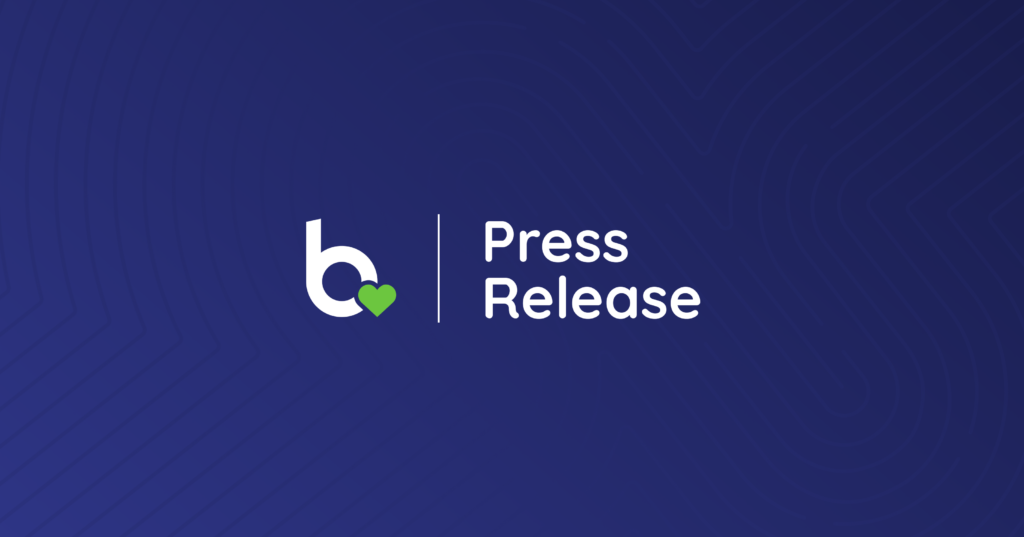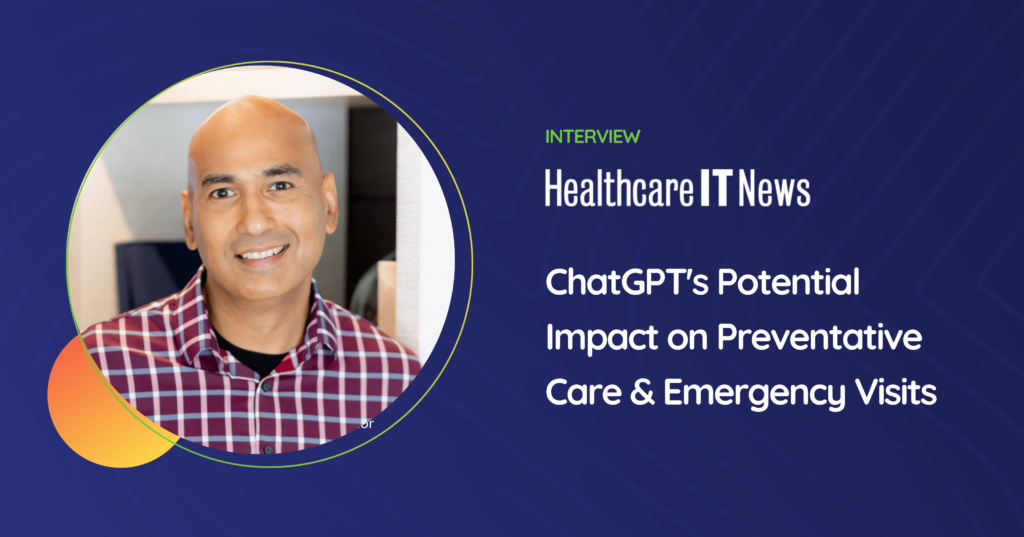As artificial intelligence (AI) and emerging technologies become more prominent, it’s crucial for healthcare leaders to understand their ground-breaking potential in delivering human-centered care. AI is not new to healthcare, in fact, it has been part of the industry for years. What is new, however, is the popularity of large language models (LLMs) that enable AI to process and deliver value to consumers in ways that were previously unimaginable.
The healthcare technology ecosystem has always recognized that data should be at the core of this transformation, enabling personalized experiences at scale. But the story goes beyond just data—it’s about access, choice, and empowerment for consumers. While AI-powered technologies have been deployed strategically, LLMs have the potential to accelerate and scale existing work, making healthcare more accessible and actionable for everyone.
The Power of Open Standards
Before diving into LLMs and their transformative capabilities, it’s essential to discuss the foundation of data interoperability, a cornerstone of meaningful AI in healthcare. Open standards, particularly the Fast Healthcare Interoperability Resource (FHIR), ensure that data flows freely between systems, unlocking its potential for AI-driven applications. Managing data across countless different locations for each consumer, normalizing it, and sharing it through APIs is critical work that drives meaningful innovation.
This open architecture allows for deploying use cases more quickly and efficiently because teams are not constrained by proprietary data models. By enabling faster integration and innovation, open standards are essential for accelerating transformation in healthcare. As the industry continues to adopt these standards, progress in AI’s ability to deliver on its promises will rapidly advance.
AI’s Evolution in Human-Centered Care
The emergence of LLMs marks a significant shift in human-centered care. These models enable the transformation of vast amounts of healthcare data into actionable insights at unprecedented speeds. LLMs can quickly parse through medical histories, medications, and conditions to help consumers make informed decisions. Imagine being able to ask a virtual assistant, “When did I last have my tetanus booster?” or “What are my next steps for a routine colorectal cancer screening?” and receiving accurate, timely responses.
This ability for consumers to interact with their medical records conversationally is a game-changer. For too long, healthcare data has been locked behind layers of jargon and complex systems. LLMs have the potential to simplify this, making health data more accessible and understandable to everyday people. This shift will not only improve individual health outcomes but will also alleviate the burden on caregivers, the majority of whom are women in the U.S., making 80% of healthcare decisions for their families.
Access and Human-Centered Care
Another crucial aspect here is access to care. As AI and APIs continue to advance, the future of healthcare will be characterized by true shoppability. Consumers should be able to ask, “What is the first available appointment for a sinus infection?” or “Which virtual or in-person care options fit my needs?” This is where open APIs for appointment availability, price transparency, and care quality come into play. By putting this information into the public domain, fragmentation can be reduced and access improved for all.
The approach starts with data, creating personalized experiences at scale, and ensuring that accessing care is as seamless as possible. The real breakthrough will come when healthcare becomes truly consumer-driven. The healthcare system of the future will allow consumers to make choices based on their unique needs, preferences, and circumstances. Whether it’s the flexibility to choose between in-person and virtual care or the ability to compare providers and pricing transparently, access to care is a vital component of human-centered care.
Driving Change Through AI and Emerging Technologies
AI and LLMs are not just technological advancements, they are tools that can bring healthcare closer to the people it serves. By prioritizing open standards and access to care, the stage is set for a future where personalized, shoppable, human-centered care becomes the norm.
At b.well Connected Health, we are proud to be at the forefront of this change. By focusing on the essential work of data interoperability and continuing to push for innovations like LLMs, we are creating the infrastructure needed for a healthcare system that empowers consumers. This is more than just technology. This is about transforming healthcare to be more human-centered, accessible, and personalized for everyone. If you would like to learn more about b.well’s role in the future of human-centered care, contact us.



